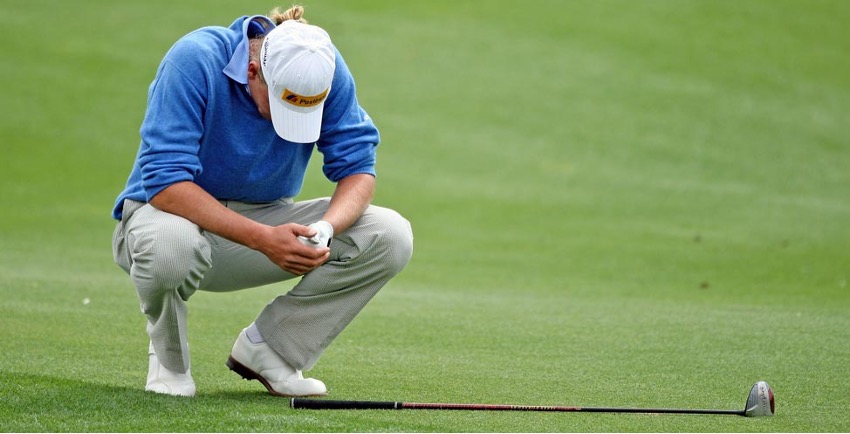
In the thrilling world of golf, we encounter an intriguing enigma that has baffled golfers of all ages and skill levels: why do we often see a decline in our performance when faced with competitive situations or challenges that push us out of our comfort zone? This phenomenon, which frequently frustrates passionate golfers, has its roots in a combination of psychological and emotional factors that directly impact our ability to perform at the highest level.
The Competition Paradox: Why Do We Falter When We Need It Most?
Competition pressure often triggers unexpected responses in our body and mind. When confronted with a situation beyond our daily practice, our brain tends to react differently. Anxiety and fear of failure can elicit physical and emotional responses that negatively affect our performance. From muscle tension to a loss of focus, these reactions can lead to erratic shots and suboptimal decisions on the golf course.
One fundamental reason behind this performance decline is expectation management. When facing competition, we often burden our expectations with overwhelming weight. We expect every shot to be perfect and every decision to be flawless, placing ourselves in a constant state of stress. The self-imposed pressure to meet these expectations can be paralyzing and negatively impact our game.
Expectation Management: The Art of Balancing Pressure and Performance
Expectation management emerges as an essential tool in the arsenal of any golfer looking to overcome the challenges of competition. Instead of loading each shot with unrealistic expectations, it is crucial to adopt a more balanced mindset. At Blackiron, we encourage the idea of setting achievable goals and focusing on the process rather than the end result.
By shifting the focus from “I must win” to “I will concentrate on each shot,” we free our minds from the burden of extreme expectations. This mindset shift allows for a smoother and more natural performance, as attention is directed to the present rather than anxiety about the future.
The Rebound Effect: How to Turn the Situation Around
When faced with performance below our expectations, the natural reaction is to feel frustrated and demotivated. However, it is crucial to understand the phenomenon of the “rebound effect” and how we can use it to our advantage.
The rebound effect occurs when we try to correct a mistake too forcefully and urgently. For example, after a failed shot, we may try to compensate by making a stronger swing or adjusting our stance extremely. This overcompensation often leads to even worse results.
Instead of falling into this destructive cycle, it is essential to adopt a more balanced perspective. Objectively analyzing what went wrong, learning from the experience, and making gradual adjustments instead of drastic changes can be the key to turning the situation around.
At Blackiron, we promote mindful practice and reflection after each session. By addressing errors with patience and a constructive approach, we create an environment that encourages continuous learning and improvement.
Conclusion: Mastering the Art of Competition in Golf Ultimately,
competition performance in golf is as much a mental challenge as a physical one. By understanding the relationship between expectation management, competition pressure, and the rebound effect, golfers can work to overcome these obstacles and unlock their true potential on the golf course. In our academy, we believe that every competition is an opportunity to grow and learn, and by embracing these challenges, our students are becoming more resilient and successful golfers.